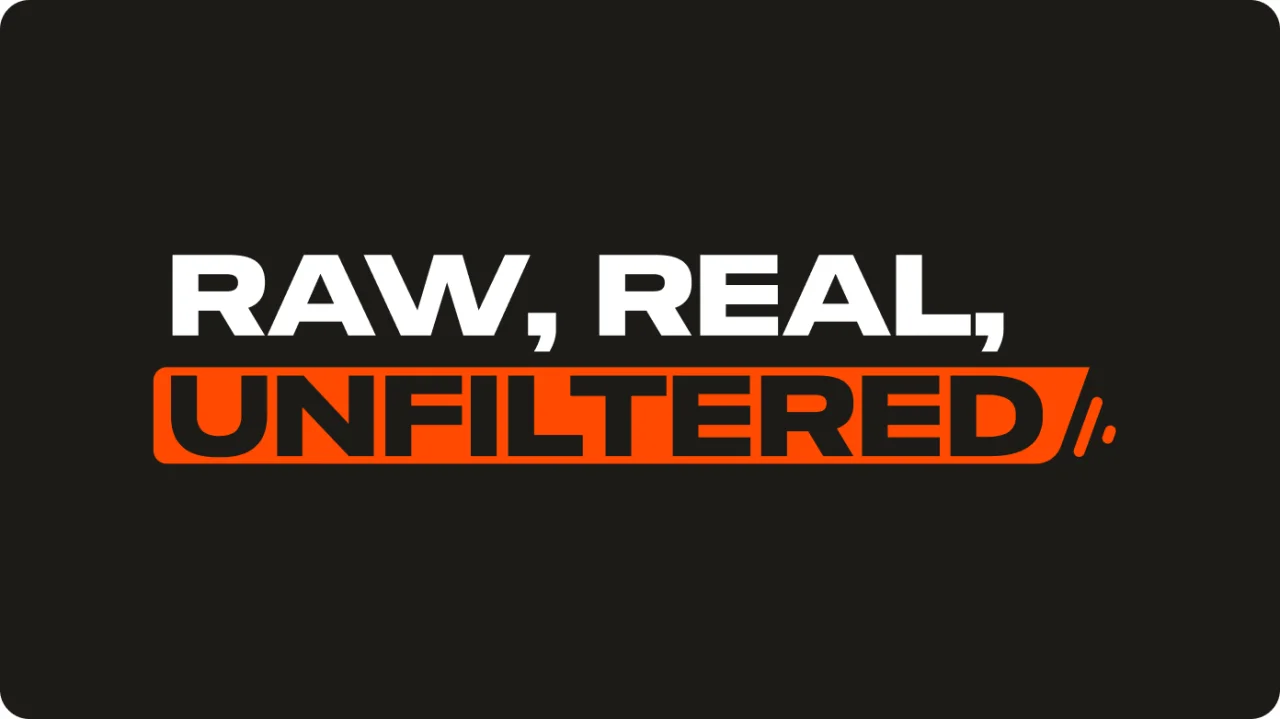Finance
Fundraising Advice for Startups in Today’s Landscape
Why You Need More Than a Pitch Deck
AUTHOR
PUBLISHED

Don’t lead with how much you need. Lead with what you’ve done.


Key Takeaways

Get Bizee Podcast
Join us as we celebrate entrepreneurship and tackle the very real issues of failure, fear and the psychology of success. Each episode is an adventure.

